
The Joy of Why
Steven Strogatz, Janna Levin and Quanta Magazine“The Joy of Why” is a Quanta Magazine podcast about curiosity and the pursuit of knowledge. The mathematician and author Steven Strogatz and the cosmologist and author Janna Levin take turns interviewing leading researchers about the great scientific and mathematical questions of our time. New episodes are released every other Wednesday.
Quanta Magazine is a Pulitzer Prize–winning, editorially independent online publication launched and supported by the Simons Foundation to illuminate big ideas in science and math through public service journalism. Quanta’s reporters and editors focus on developments in mathematics, theoretical physics, theoretical computer science and the basic life sciences, emphasizing timely, accurate, in-depth and well-crafted articles for its broad discerning audience. In 2023, Steven Strogatz received a National Academies Eric and Wendy Schmidt Award for Excellence in Science Communications partly for his work on “The Joy of Why.”
“The Joy of Why” is a Quanta Magazine podcast about curiosity and the pursuit of knowledge. The mathematician and author Steven Strogatz and the cosmologist and author Janna Levin take turns interviewing leading researchers about the great scientific and mathematical questions of our time. New episodes are released every other Wednesday.
Quanta Magazine is a Pulitzer Prize–winning, editorially independent online publication launched and supported by the Simons Foundation to illuminate big ideas in science and math through public service journalism. Quanta’s reporters and editors focus on developments in mathematics, theoretical physics, theoretical computer science and the basic life sciences, emphasizing timely, accurate, in-depth and well-crafted articles for its broad discerning audience. In 2023, Steven Strogatz received a National Academies Eric and Wendy Schmidt Award for Excellence in Science Communications partly for his work on “The Joy of Why.”




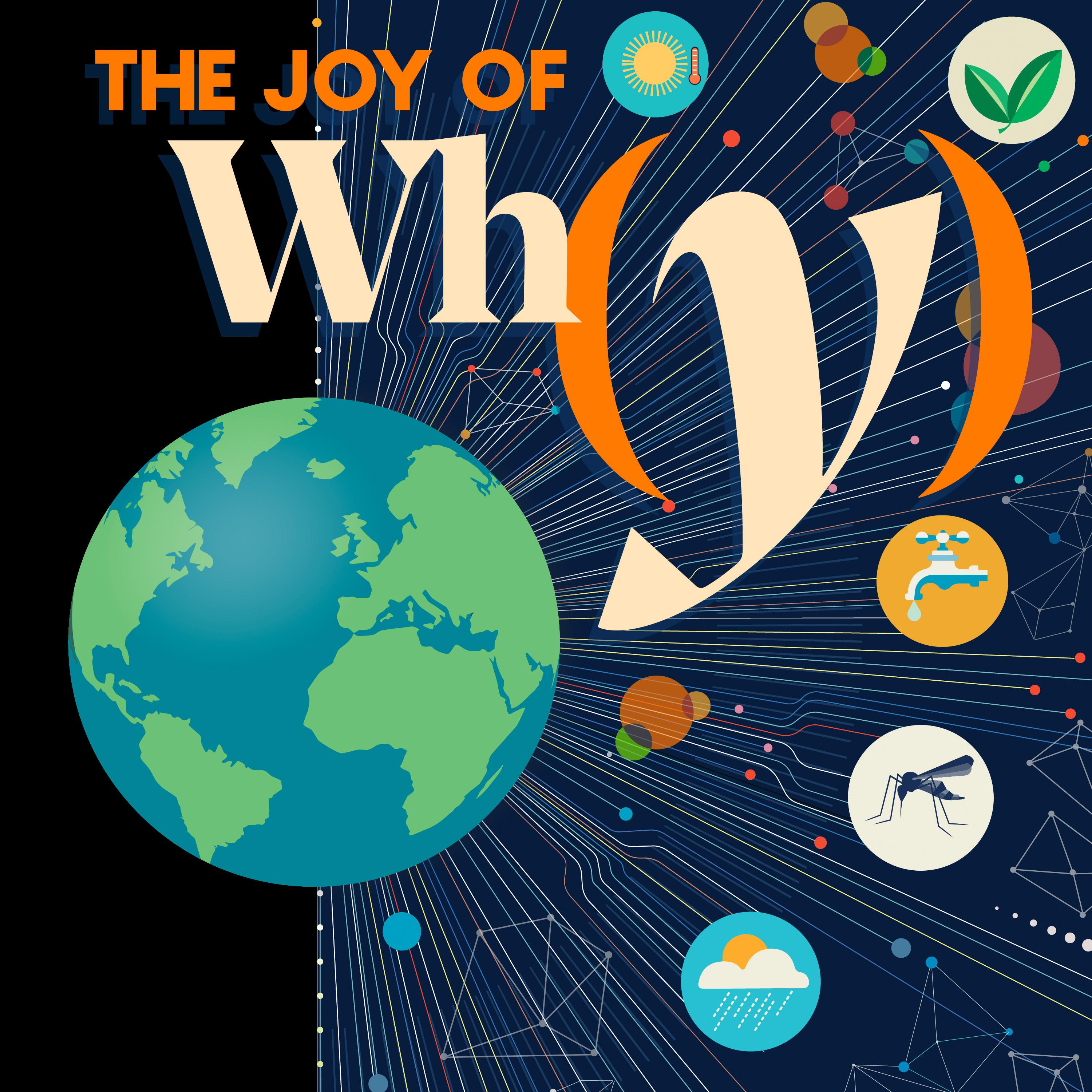












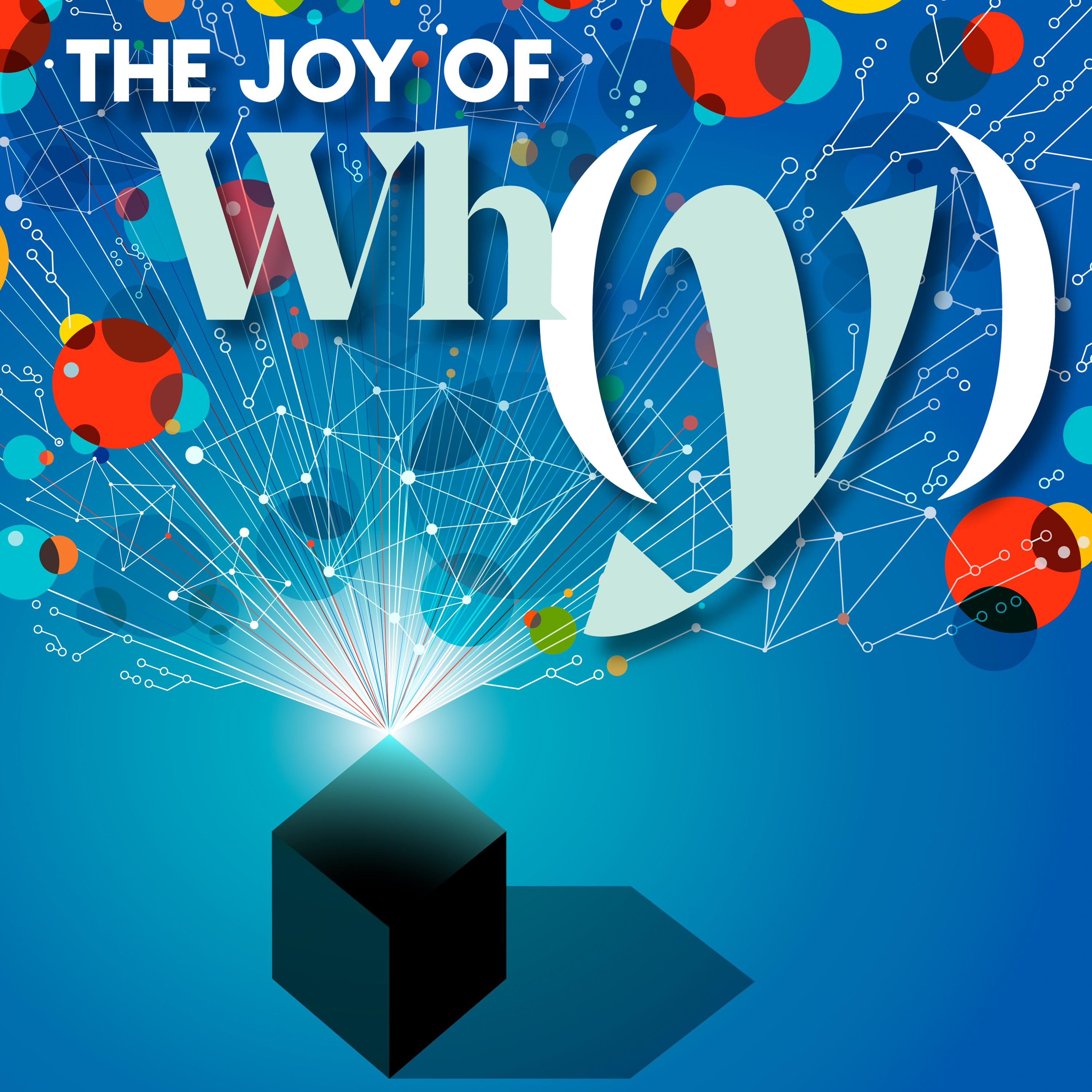
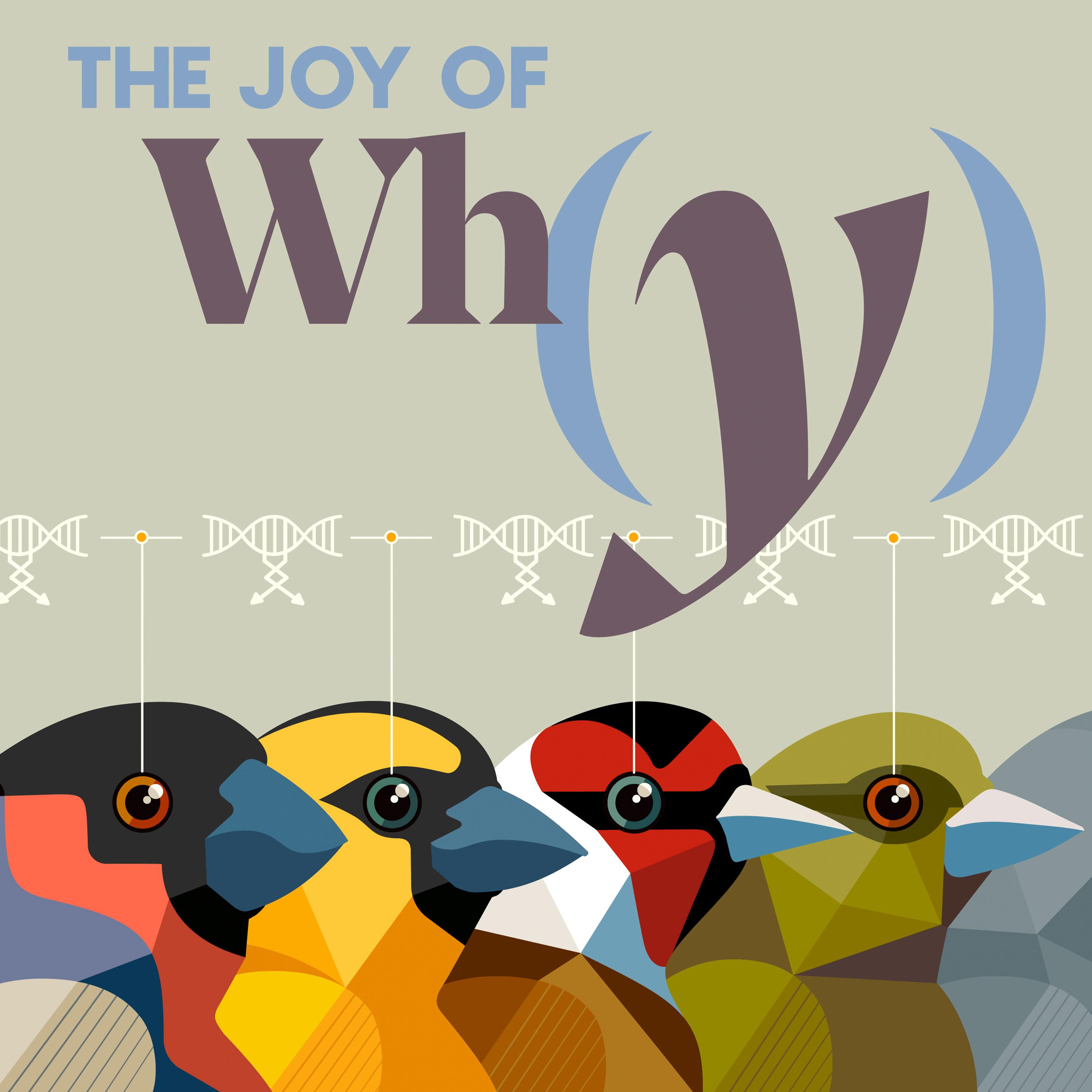
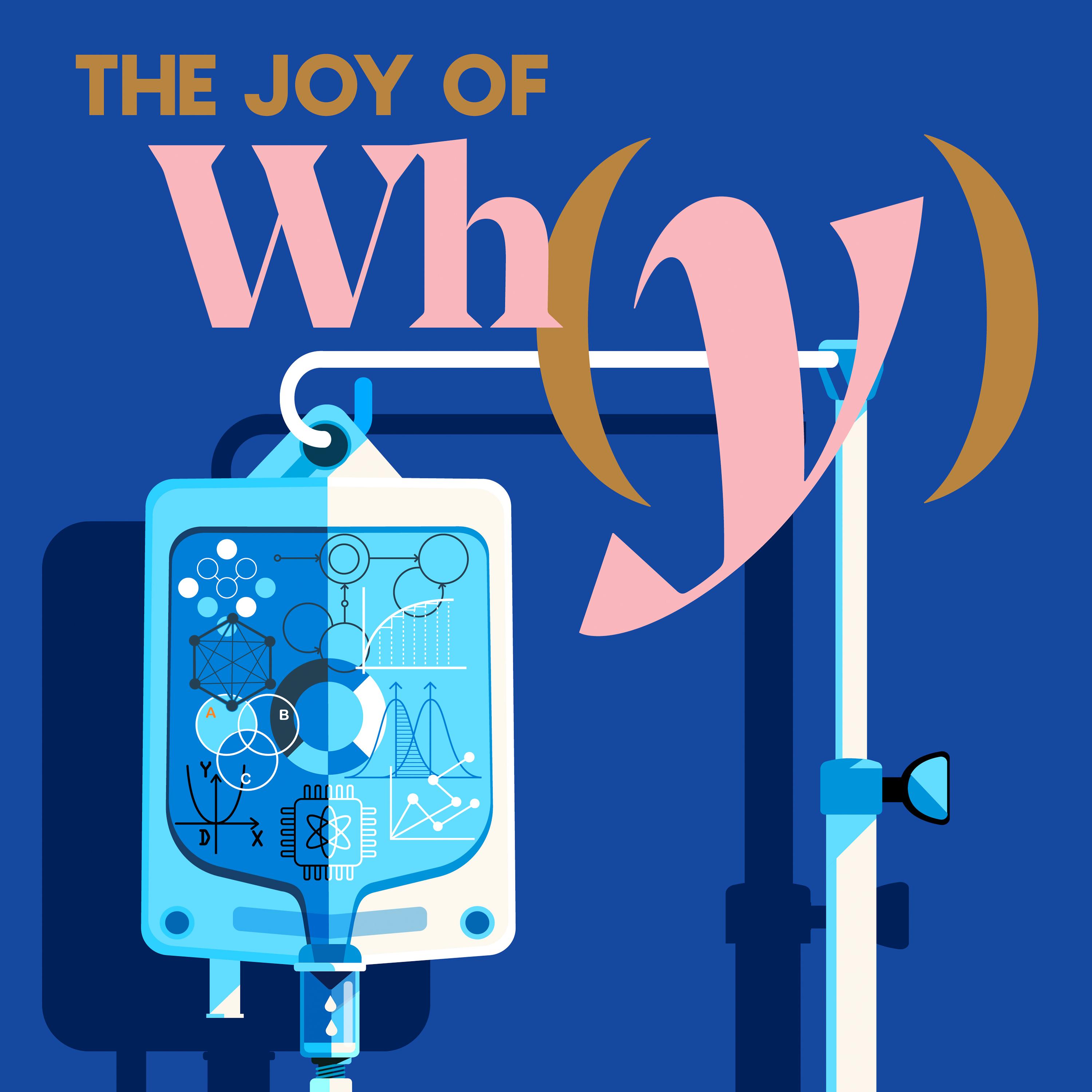




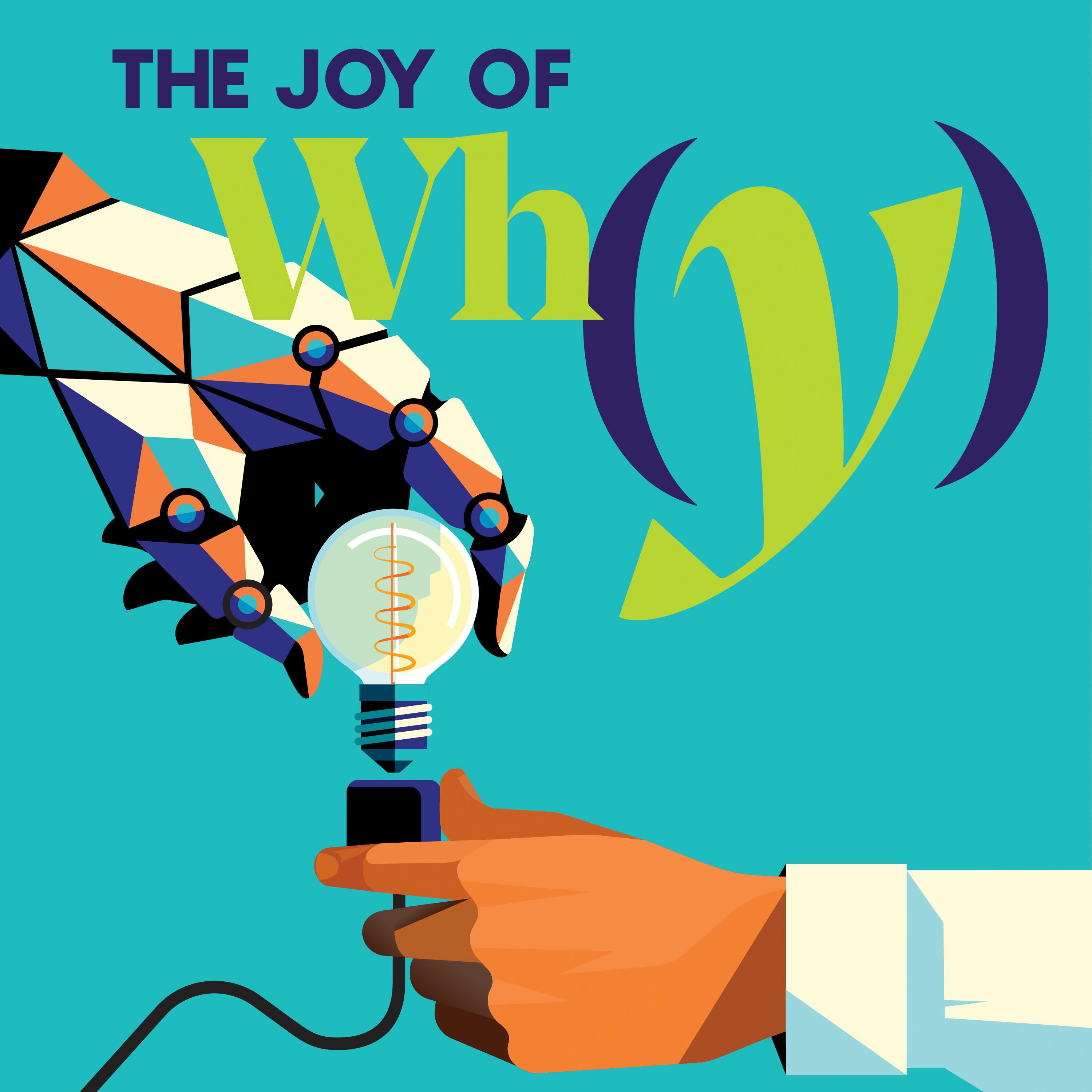

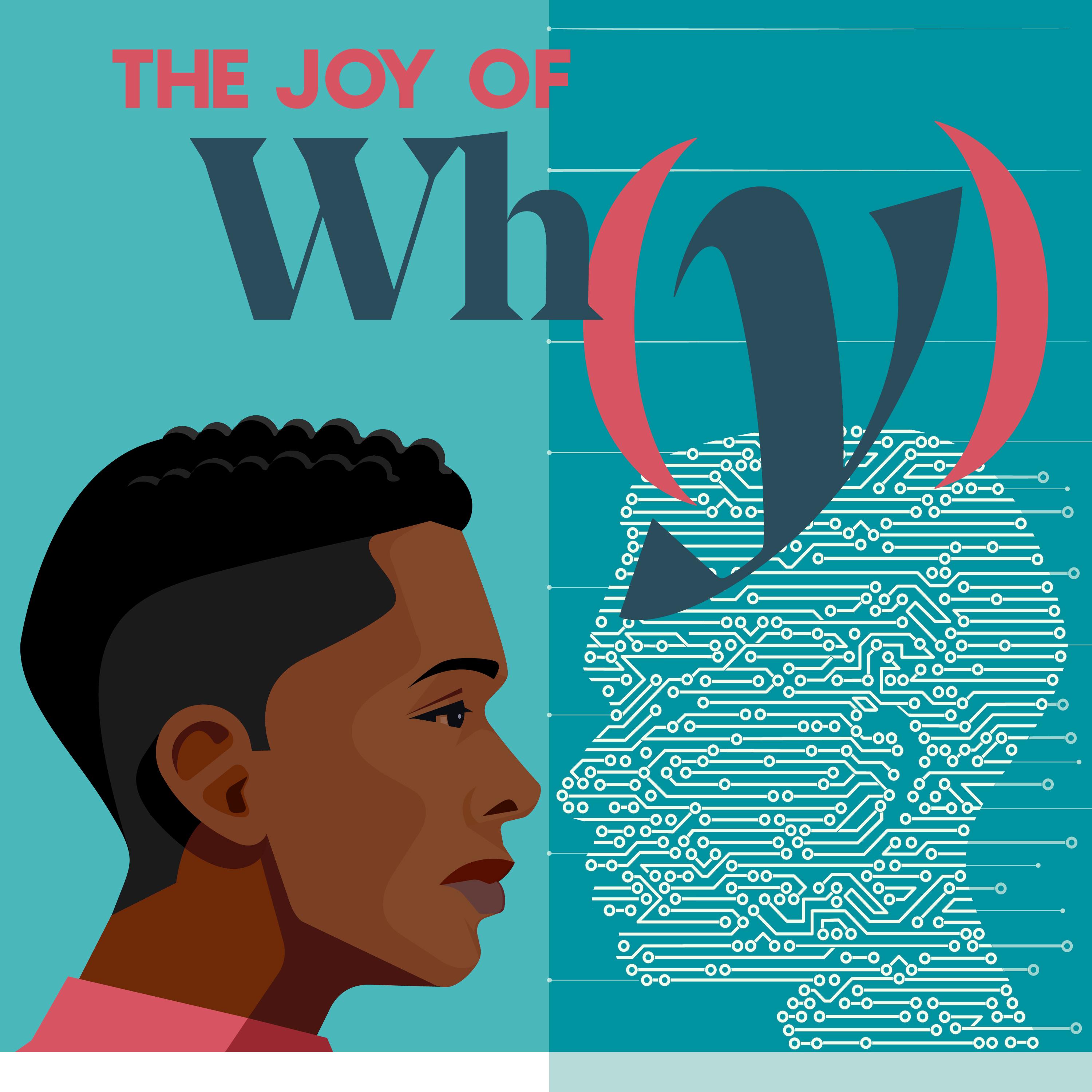



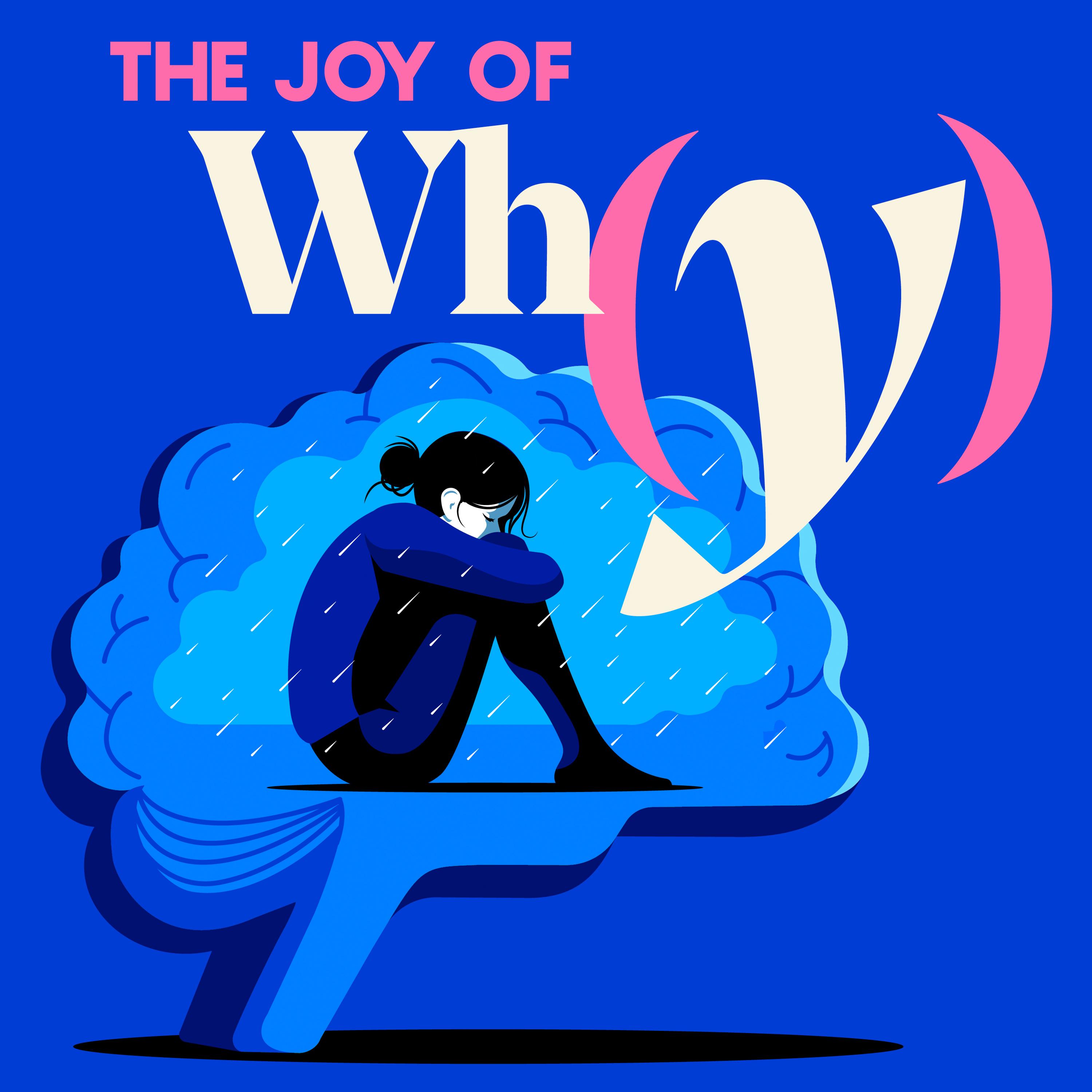






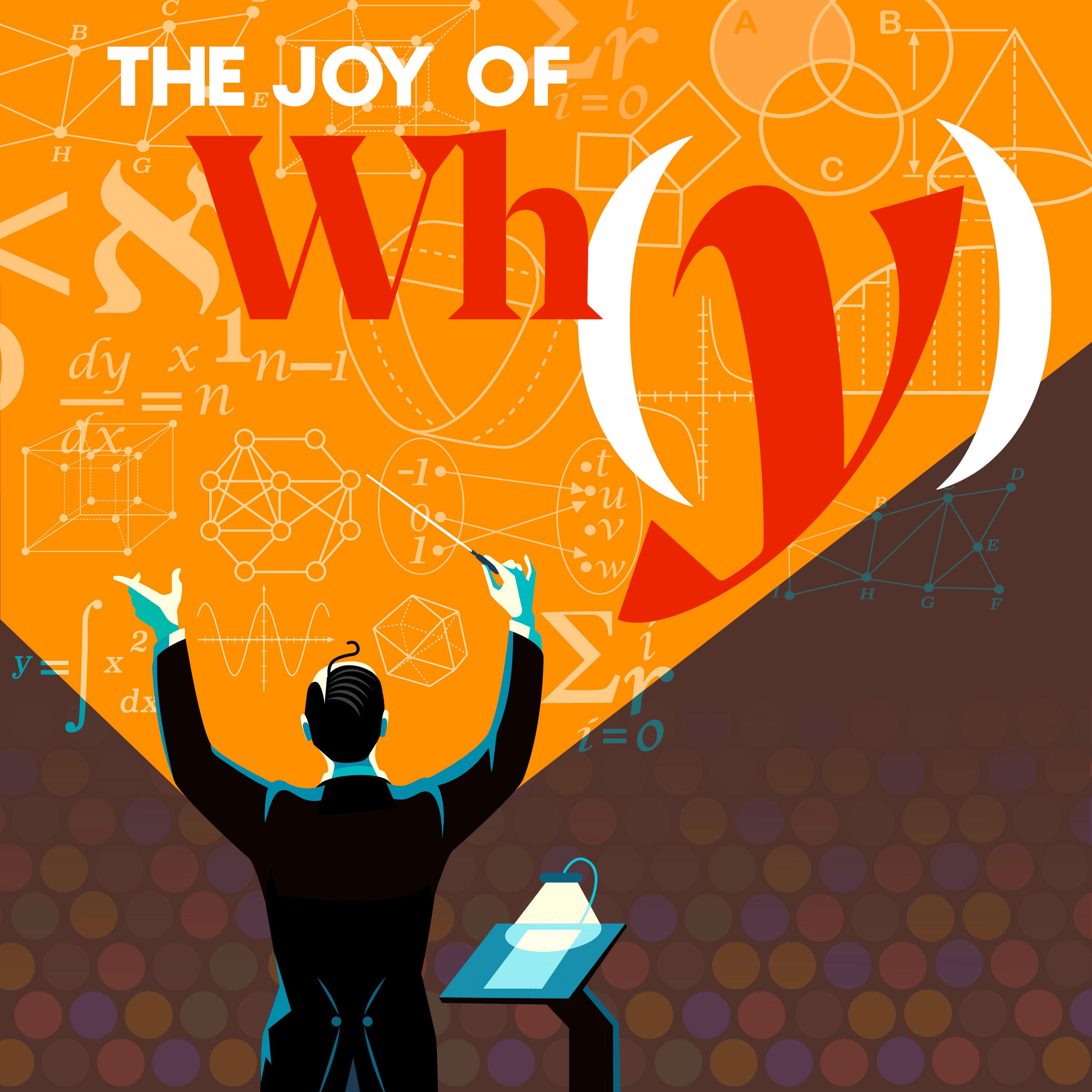

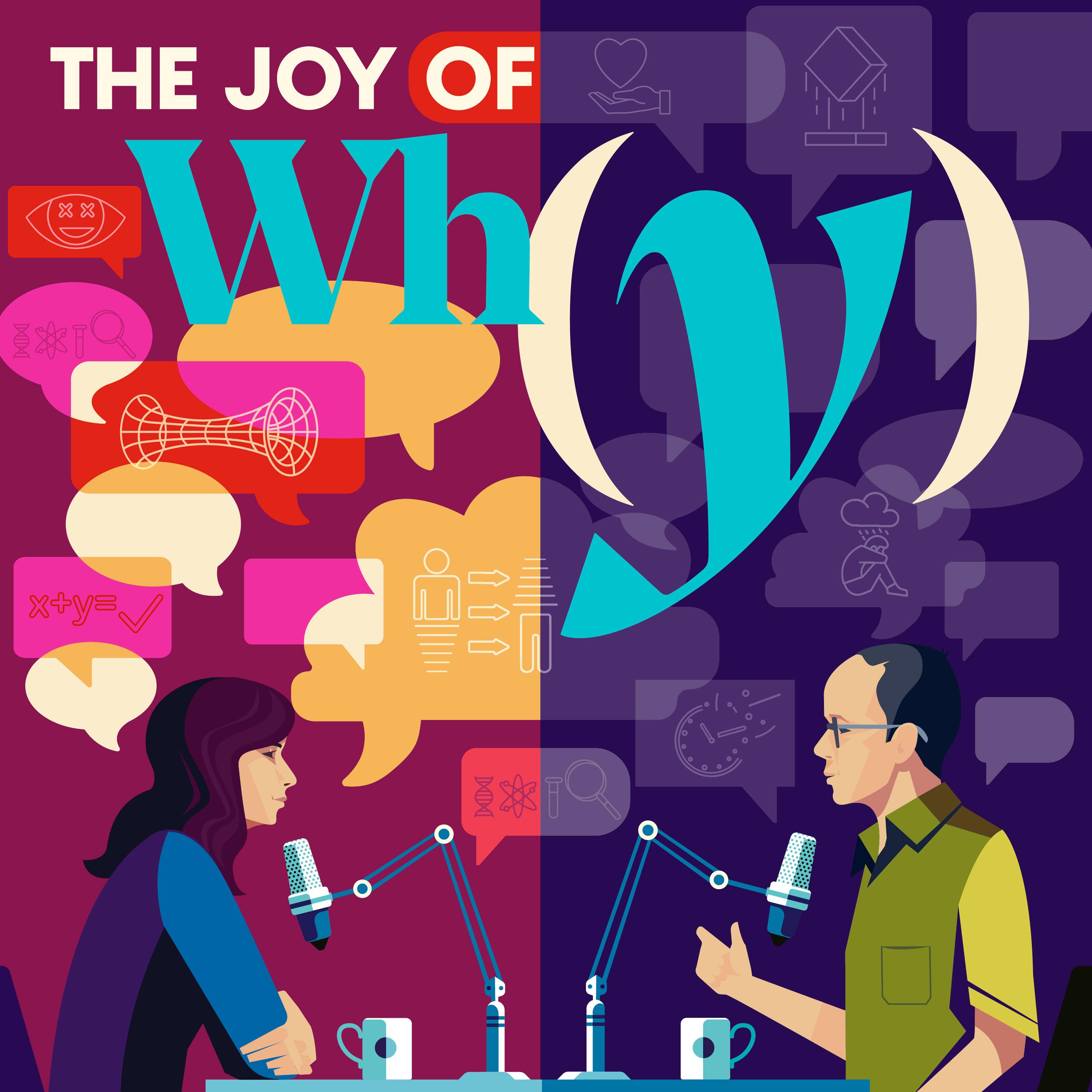















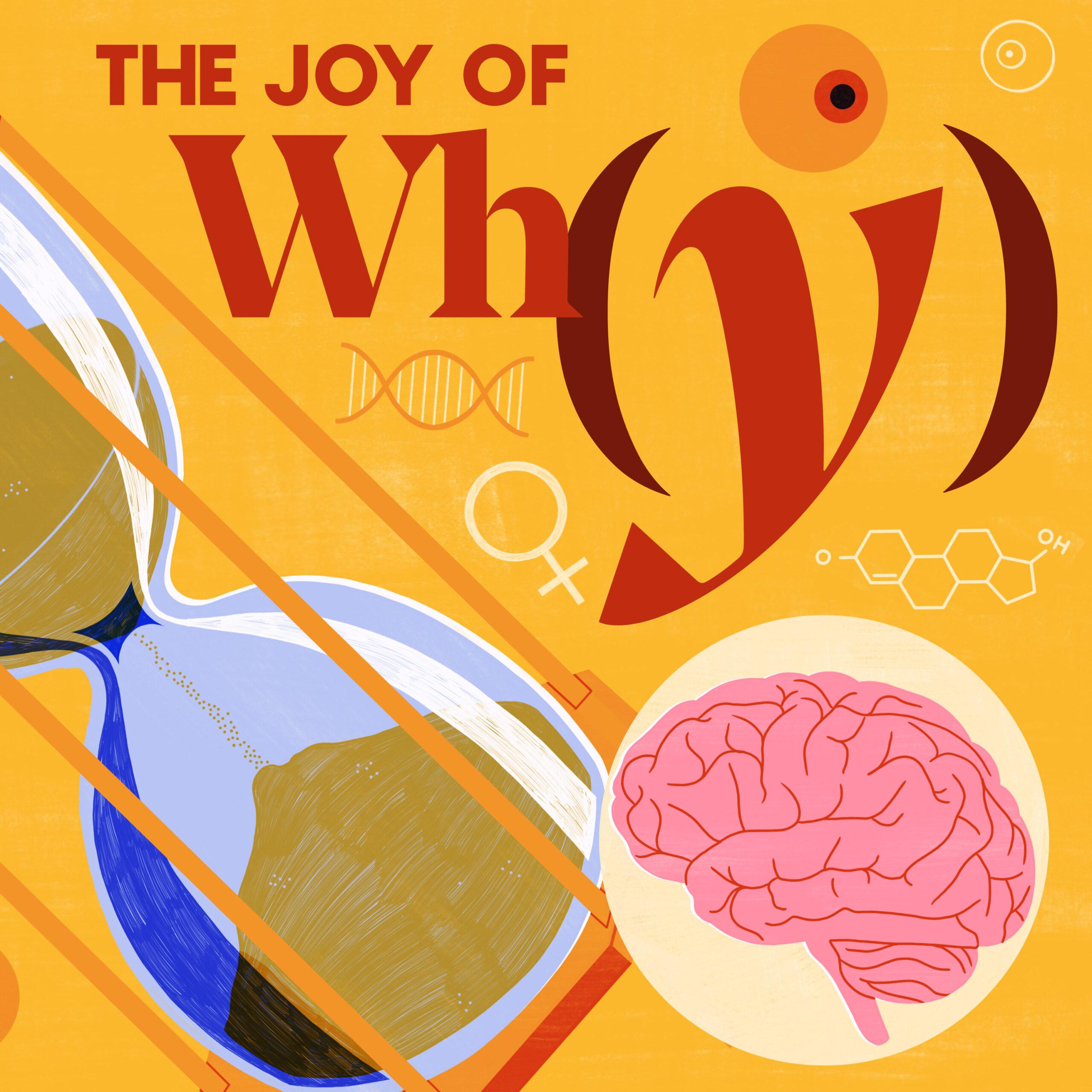


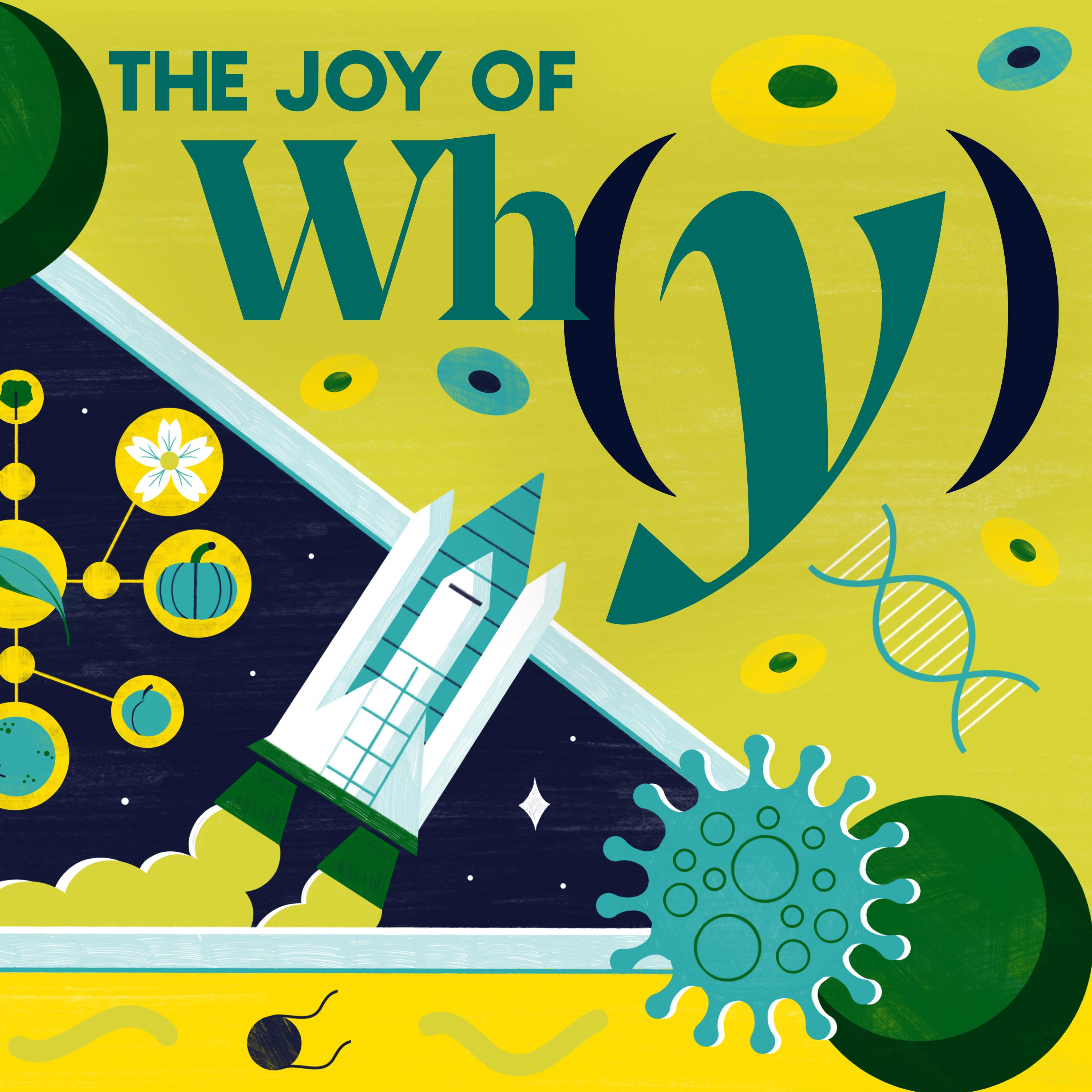
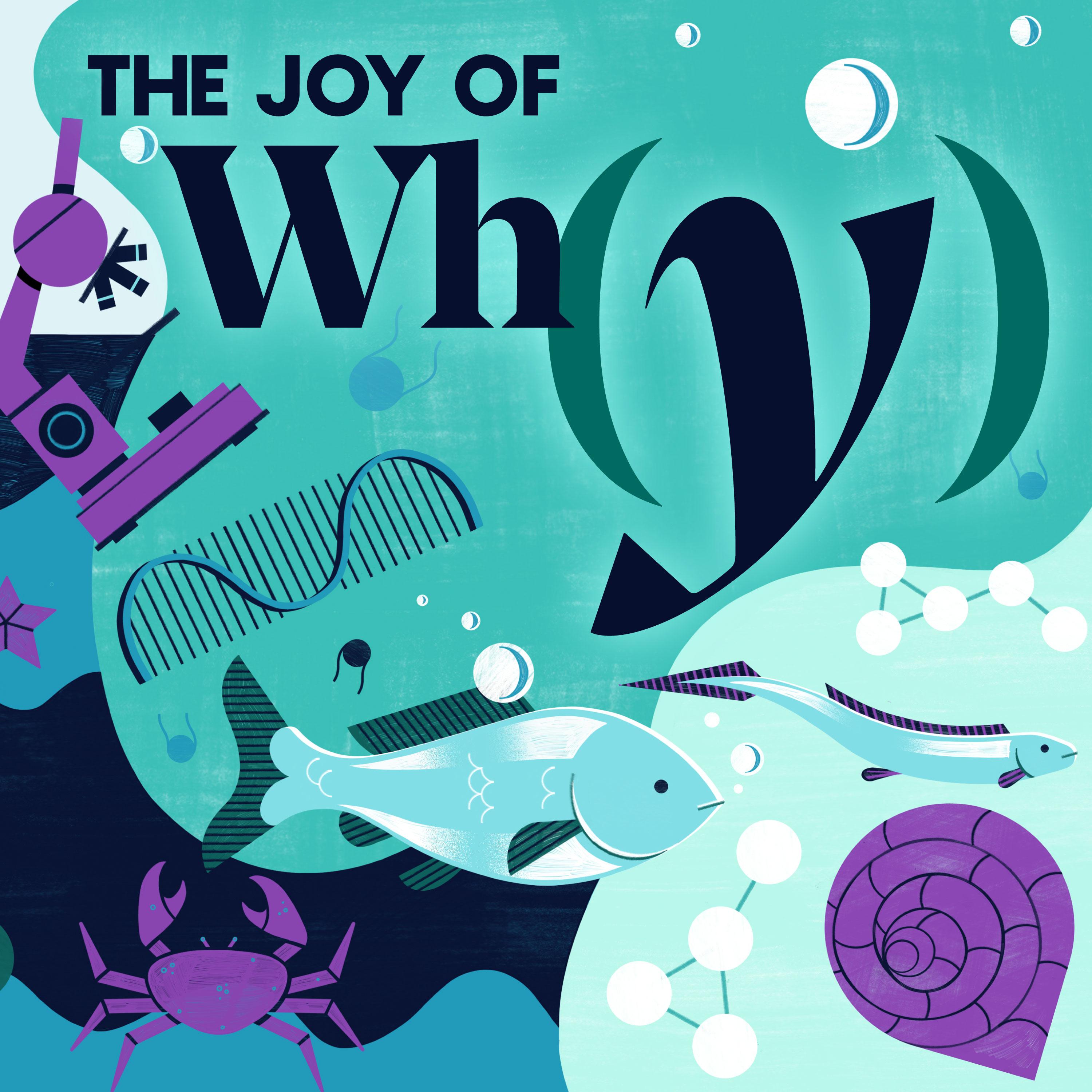

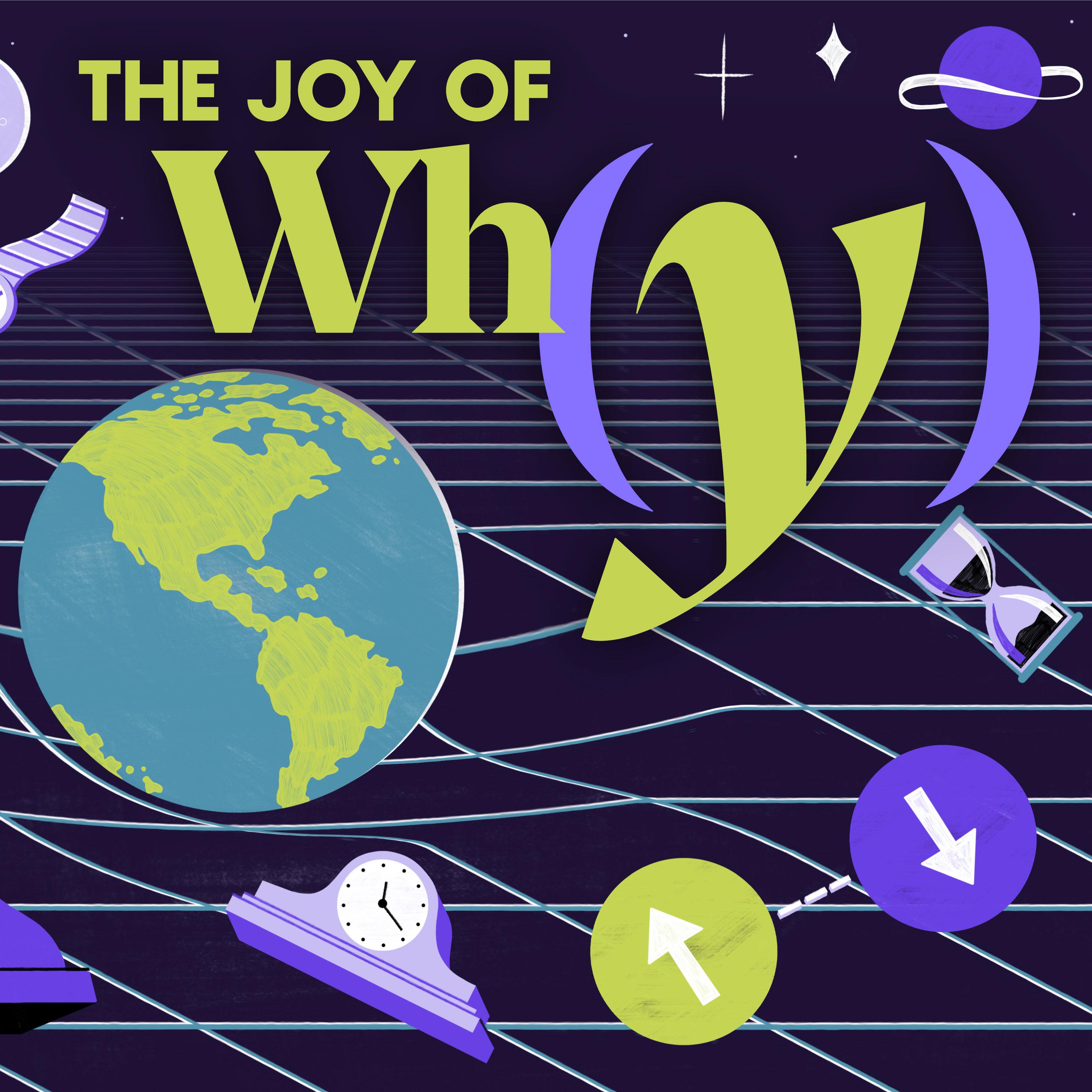
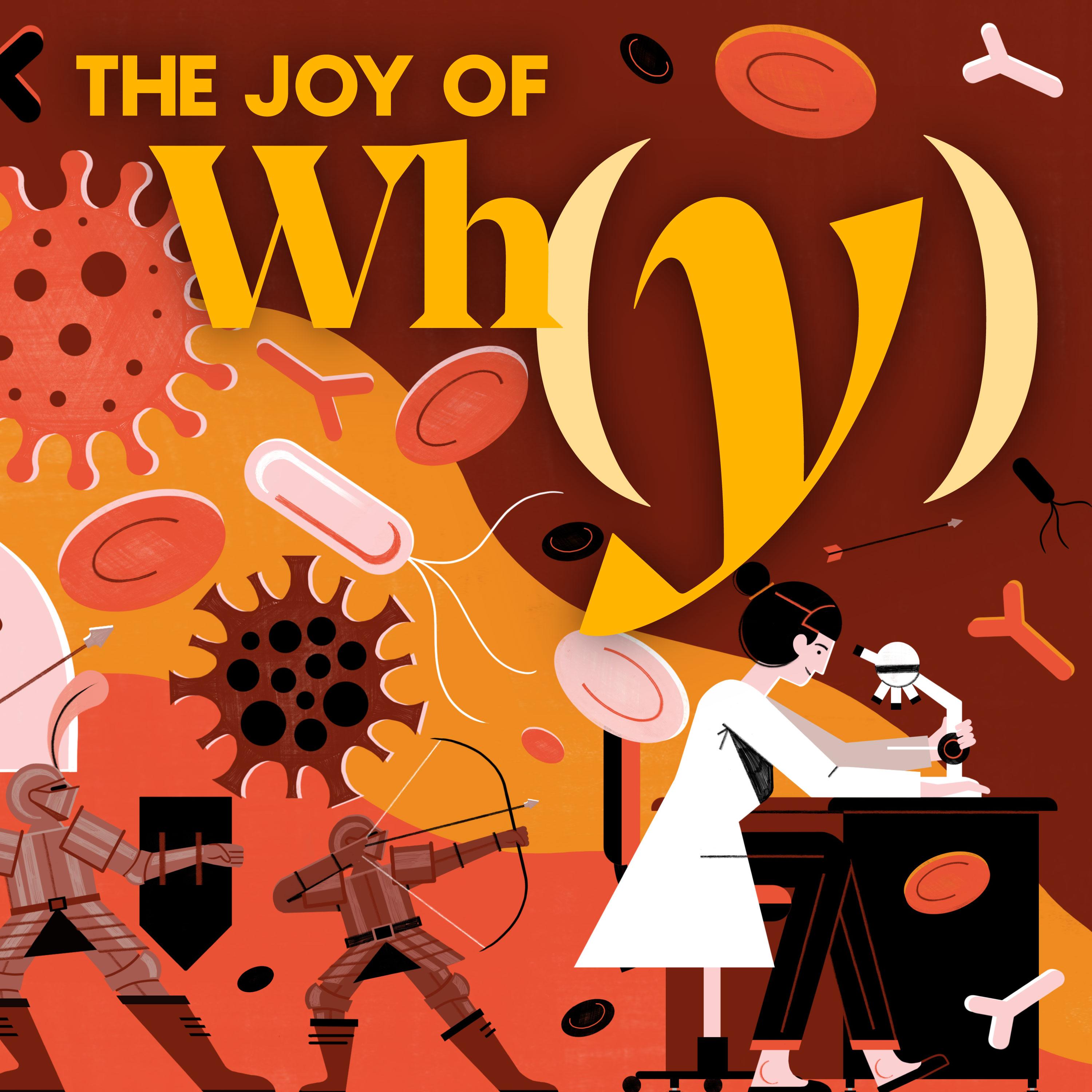
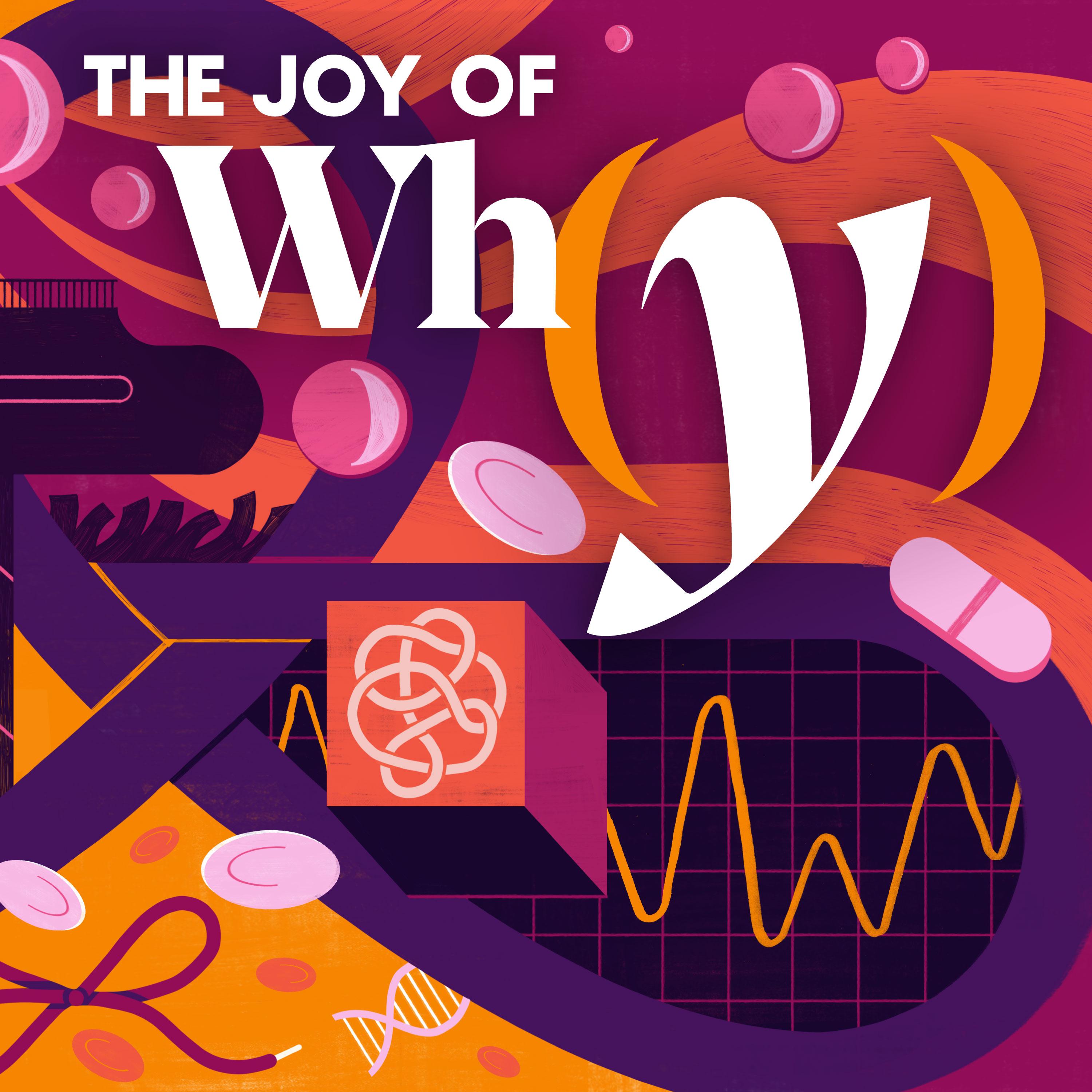
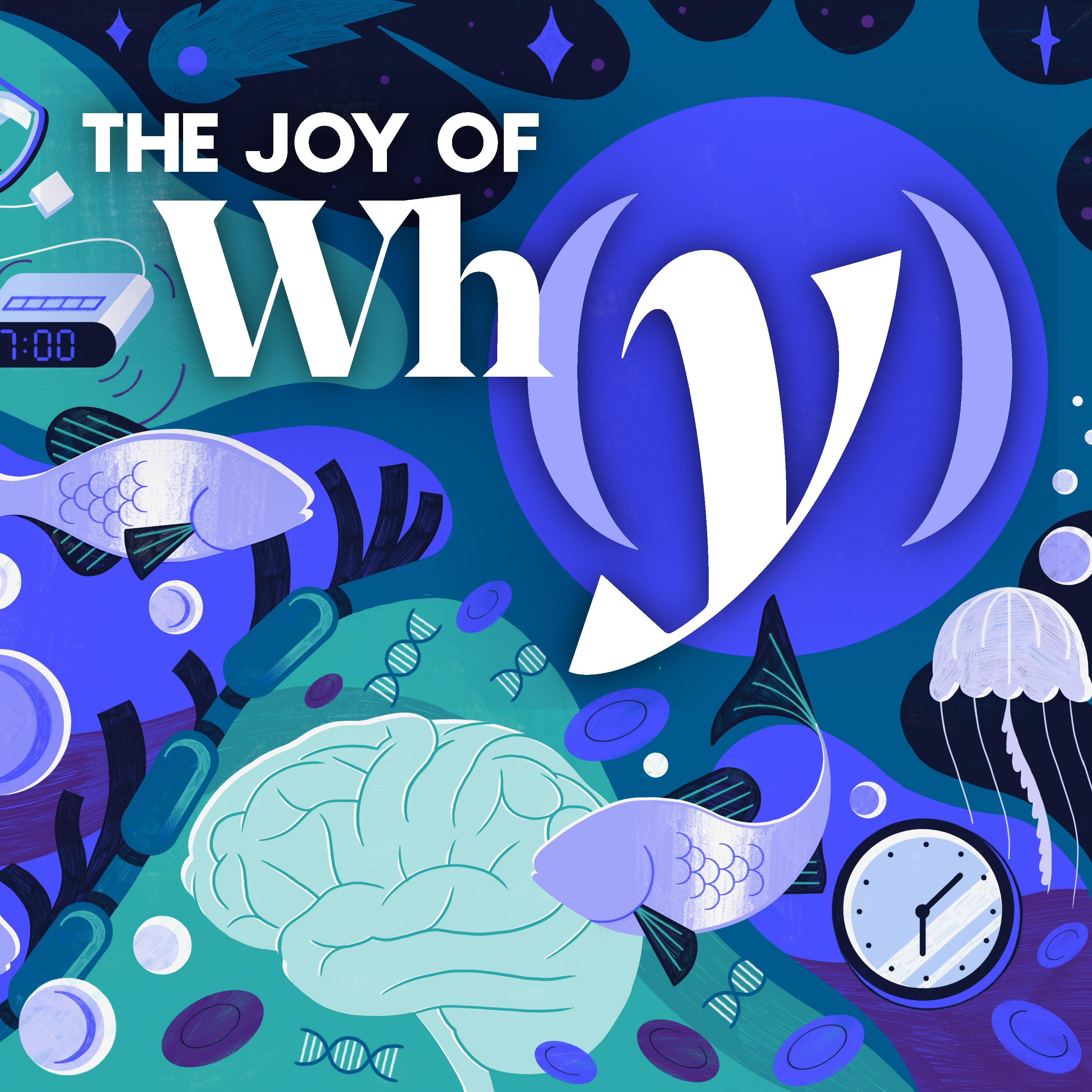

Will Better Superconductors Transform the World?

If superconductors — materials that conduct electricity without any resistance — worked at temperatures and pressures close to what we would consider normal, they would be world-changing. They could dramatically amplify power grids, levitate high-speed trains and enable more affordable medical technologies. For more than a century, physicists have tinkered with different compounds and environmental conditions in pursuit of this elusive property, but while success has sometimes been claimed, the reports were always debunked or withdrawn. What makes this challenge so tricky?
In this episode, Siddharth Shanker Saxena, a condensed-matter physicist at the University of Cambridge, gives co-host Janna Levin the details about why high-temperature superconductors remain so stubbornly out of reach.